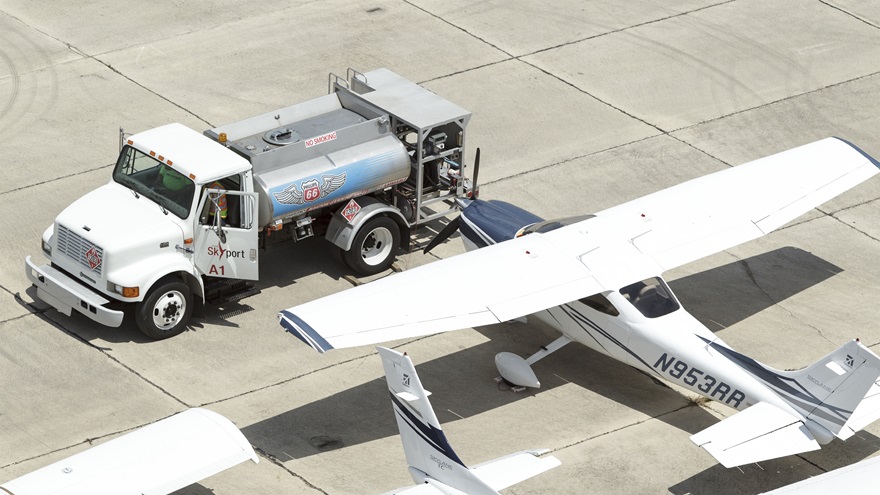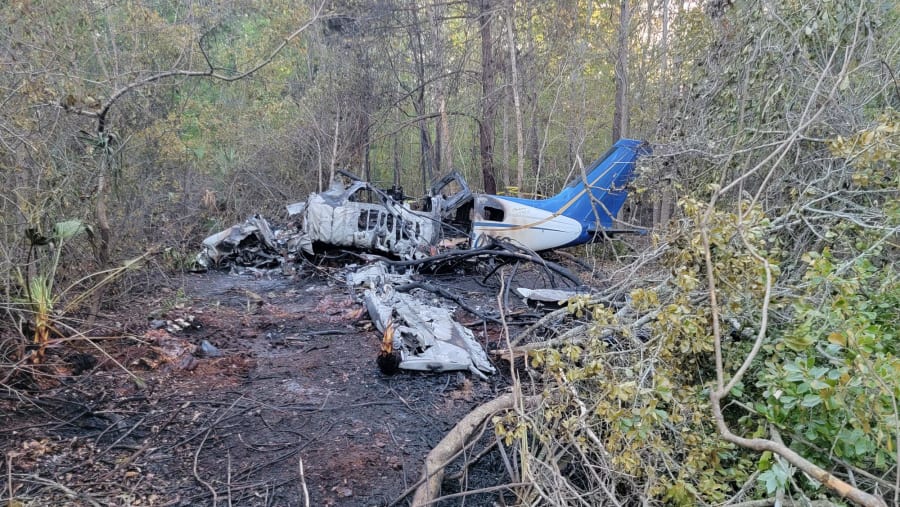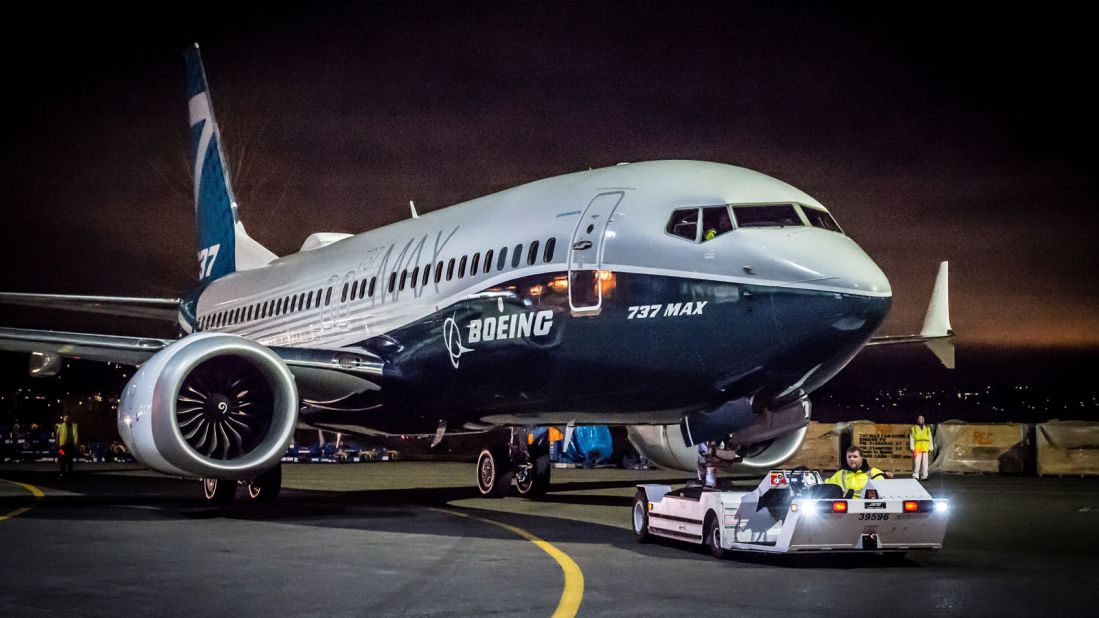I’m not one for burying the lead but I mean it when I say Sustainable Aviation fuel (100UL) is both worth it and not worth it. I’m going to stay away from the status of the certifications and what engines are cleared to use Sustainable Aviation Fuel and instead talk about my view of whether I would want to use it or not.
Why is Sustainable Aviation Fuel Worth it?
There’s no lack of evidence regarding the health effects of leaded fuel. In the 70’s the use of leaded fuel for road vehicles was found to heavily impact the health of humans worldwide. Of course this is due to the nearly 1.5 billion vehicles crowding up intersections around the world, having a large cumulative effect. Lead doesn’t do what greenhouse gases do by slowly decomposing into other elements. Lead sticks around and floats in the air until it settles as particulate on the ground, in water or get’s breathed in by animals or absorbed by plants. The issue comes when humans breath lead in or eat plants and animals containing lead.
Lead happens to be able to cross the blood brain barrier so has many negative effects on the brain, especially sensitive developing brains in children who sadly absorb lead 4-5 times more than adults exposed to the same conditions. The short of this is that lead either replaces or blocks calcium’s job in the proteins of our cells, limiting the effectiveness of certain cells and disrupting function, hence brain development issues. Basically Lead acts as a cell development blocker. Any fuel that removes lead from a health point of view, is completely worth it.
Why Do We Even Have Lead In Fuel?
Thomas Midgley, Jr. introduced lead into fuel to stop preignition as a “antiknock agent” so it’s an additive that makes fuel more efficient to burn in engines. He also made Freon which is also banned so, great guy (sarcasm). The saddest part of his invention is that he researched health effects of lead and knew the dangers during development but pushed forward anyway. He was a one man environmental disaster and we all wish he found a different additive so we didn’t have the lead caused health issues we do today.
Why Is Sustainable Fuel Not Worth It?
Due to the cost of developing a lead replacement additive for all piston aircraft engines, the new 100UL fuels are more expensive. You may ask, “In the 70’s when unleaded road vehicle fuel was introduced, wasn’t it similar and gas prices didn’t increase?“. Good Question, yes it is similar and the US Government knew to spur the adoption of unleaded fuel without huge financial impact on American families they would need to subsidize fuel, which they did. This made it affordable to buy the new unleaded fuels and the change was made.
Do I love subsidies from the government to private businesses? No but if they are used when trying to make a change which benefits the health of US citizens during a transition, yes I do. Using fuel that costs $1-$2 per gallon more than 100LL makes flying even harder on the pocketbook and it’s already incredibly expensive. As more and more engines get qualified to run on sustainable aviation fuel the cost will be the limiting factor so I hope we can get a government reprieve like what was proven to work when cars transitioned to unleaded fuel.
Conclusion
At the time of writing this article I have a one month old baby girl and so health and the effects of what enters her body is my #1 concern. When I start flying with her in a few years I’m 100% going to be using the safest fuel I can find for her developing brain and overall health. Will I have to fly less which totally sucks? Yes, if the fuel still costs more. The new fuels are great in my opinion but the fuel makers and government need to get the cost under control so we can all move forward.
There is a linked topic that I want to voice, leaded fuel being used as an excuse to shut down airports. This is a red herring as even airports that converted to unleaded fuel still have local residents calling for the airports to shut down. They moved close to an airport because the homes were less expensive and now they want to close down the airport that’s been there since the 1940s to improve their home value, classic NIMBYs.








